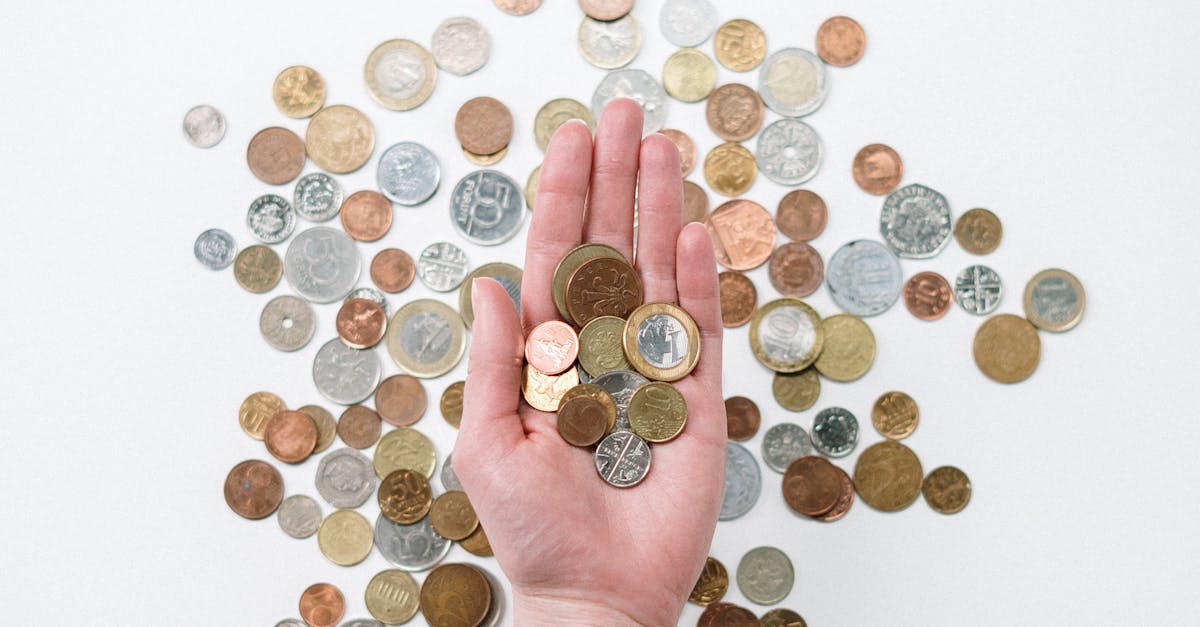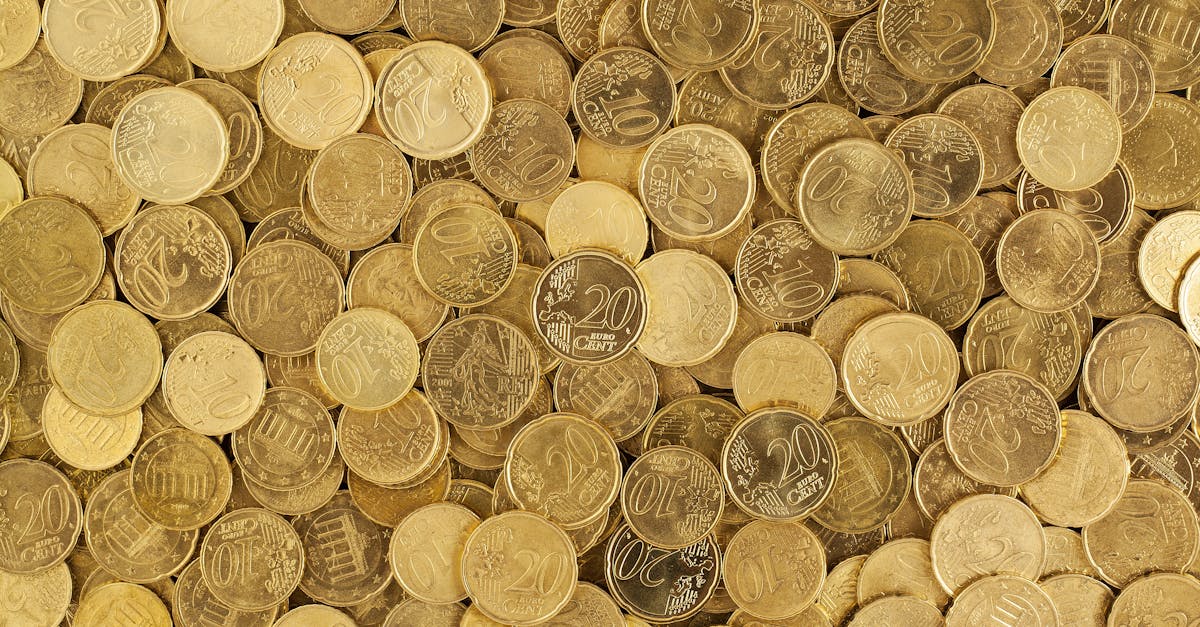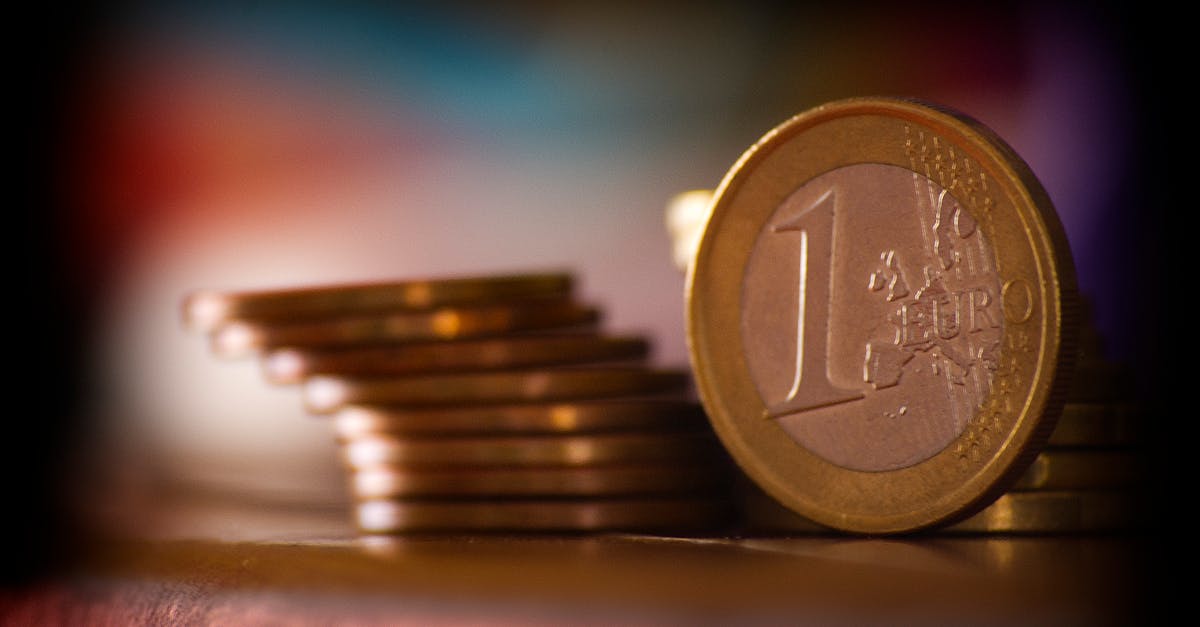Your Guide to Utilizing Gold’s Enduring Value and Practicality for Crisis Preparedness

Gold: Your Lifeline in Uncertain Times: Understanding the Timeless Value of Gold in Emergencies
The world around us is a volatile place, and recent events have shown us the fragility of the systems we rely on. In times of economic uncertainty, social unrest, and natural disasters, having a financial lifeline can make all the difference. Gold, with its enduring value and practical uses, has proven to be a dependable asset in the face of adversity.
Throughout history, gold has been a symbol of wealth, stability, and security. From ancient civilizations to modern times, it has maintained its value despite economic and political upheavals. This inherent worth makes gold a desirable asset to hold in preparation for uncertain times, acting as a haven in turbulent markets.
In emergencies, gold’s liquidity and portability provide a crucial advantage. Its global recognition and acceptance mean that it can be easily converted into cash or bartered for goods and services, even in situations where traditional financial systems are disrupted. Whether you need to evacuate your home or secure emergency supplies, having physical gold on hand can provide peace of mind and the means to navigate challenging circumstances.
Key Insights: Gold for Emergency Preparedness
5 Key Points on Gold as an Emergency Asset
- Gold has enduring value: Its historical significance and inherent scarcity make it a sought-after asset during uncertain times.
- Gold is liquid: Its global recognition and liquidity allow for quick conversion into cash, providing access to funds in emergencies.
- Physical gold provides tangible security: Its portability and independence from external systems ensure physical control over your assets.
- Gold diversifies and reduces risk: Incorporating gold into your emergency preparedness plan can balance your portfolio and hedge against inflation.
- Responsible sourcing is crucial: Support ethical gold mining practices to protect the environment and ensure your investment aligns with your values.
1. The Enduring Value of Gold in Uncertain Times
The Enduring Value of Gold in Uncertain Times
Gold has been a prized possession throughout human history, transcending cultural and geographical boundaries. Its enduring value lies in its unique properties and inherent scarcity. Unlike paper currencies, which can be inflated or devalued by government policies, the supply of gold is finite and cannot be artificially increased.
In times of economic uncertainty, gold often shines as a safe haven asset. When stocks, bonds, and other investments falter, investors flock to gold as a store of value. Its historical performance during periods of inflation, currency crises, and geopolitical turmoil demonstrates its ability to preserve wealth and protect against financial losses.
Furthermore, gold’s physical nature and portability make it a practical asset in emergencies. Its value is universally recognized, allowing it to be easily exchanged for goods and services, even in remote or unstable regions. Whether facing natural disasters, civil unrest, or economic collapse, having physical gold on hand can provide a sense of security and a means to navigate challenging circumstances.
2. Gold’s Liquidity: A Lifeline in Emergencies

Gold’s Liquidity: A Lifeline in Emergencies
In an emergency, having access to cash can be crucial. However, traditional financial systems can be disrupted or inaccessible during times of crisis. This is where gold’s liquidity becomes a lifesaver.
Gold is a globally recognized and accepted asset. It can be easily converted into cash or bartered for goods and services, even in remote or unstable areas. Unlike stocks or bonds, which may be difficult to sell during market downturns, gold’s liquidity provides peace of mind, knowing that you can access your wealth when you need it most.
Furthermore, gold’s value is relatively stable compared to fiat currencies, which can fluctuate wildly during periods of economic turmoil. This makes gold an attractive option for preserving purchasing power and ensuring you have the resources to weather financial storms. Whether you need to evacuate your home, purchase emergency supplies, or simply cover unexpected expenses, gold’s liquidity can provide a lifeline in emergencies.
3. Physical Gold: A Tangible Form of Security
Physical Gold: A Tangible Form of Security
In an increasingly digital world, it’s easy to overlook the importance of tangible assets. However, when it comes to emergency preparedness, having physical possession of your assets can be critical.
Physical gold provides a number of advantages in this regard. Unlike digital assets, which can be vulnerable to hacking or electronic failures, physical gold is a tangible asset that you can hold in your hands. This gives you peace of mind, knowing that your wealth is safe and secure, regardless of what happens to the financial system or infrastructure.
Furthermore, physical gold is highly portable. You can easily transport it with you if you need to evacuate your home or travel to a different location. This portability makes it an ideal asset to have on hand in case of emergencies.
4. Diversification and Risk Reduction with Gold

Diversification and Risk Reduction with Gold
Diversification is a key principle of investing. It involves spreading your investments across different asset classes to reduce overall risk. Gold, with its unique properties and historical performance, can play a valuable role in a diversified portfolio.
Unlike stocks and bonds, which are heavily influenced by economic factors, gold tends to perform well during periods of economic uncertainty and inflation. This makes it a valuable hedge against market volatility and a potential source of returns when other investments are struggling.
Furthermore, gold’s low correlation to other asset classes means that it can help reduce the overall risk of your portfolio. By incorporating gold into your emergency preparedness plan, you can create a more balanced and resilient financial foundation.
5. Storage and Security of Your Gold Assets
Storage and Security of Your Gold Assets
Once you’ve acquired physical gold, it’s crucial to store it securely to protect your investment. There are several options to consider, each with its own advantages and disadvantages.
Home storage is a popular choice for those who want to keep their gold close at hand. However, it’s important to ensure that your home is secure and that you have adequate insurance coverage. Bank vaults offer a higher level of security but may come with higher fees and less accessibility.
Third-party custodians, such as precious metals dealers or storage companies, provide secure storage facilities and professional management of your gold assets. They typically offer various storage options tailored to your specific needs and budget.
6. Legal and Tax Considerations for Gold Ownership
Legal and Tax Considerations for Gold Ownership
While gold is a valuable asset, it’s important to be aware of the legal and tax implications associated with its ownership. Depending on your jurisdiction, there may be reporting requirements, capital gains tax, and estate planning strategies to consider.
In some countries, you may be required to report your gold holdings to the government or financial authorities. This is particularly important for large quantities of gold. Failure to comply with reporting requirements can result in penalties.
When it comes to taxes, the sale of gold may be subject to capital gains tax. The tax rate and rules vary depending on your location and the length of time you’ve owned the gold. It’s important to consult with a tax professional to ensure you understand your tax obligations.
Estate planning is another important consideration for gold owners. Proper estate planning can help ensure that your gold assets are distributed according to your wishes and minimize any potential tax burdens for your heirs.
7. Responsible Sourcing and Ethical Gold
Responsible Sourcing and Ethical Gold
In today’s world, it’s more important than ever to be a conscious consumer. This extends to the gold you purchase. By supporting responsible gold mining practices, you can help protect the environment and ensure that your gold investment aligns with your values.
Look for organizations and standards that promote ethical sourcing. These organizations work to ensure that gold is mined in a way that minimizes environmental impact and respects the rights of local communities. By choosing gold from certified sources, you can be confident that you’re making a responsible investment.
Supporting ethical gold mining practices also helps to promote sustainable practices throughout the industry. By creating a demand for responsibly sourced gold, you can help drive positive change and protect the planet for future generations.
What are some of the most common ways to store gold?
The most common ways to store gold include home storage, bank vaults, and third-party custodians. Home storage is a popular choice for those who want to keep their gold close at hand, but it’s important to ensure that your home is secure and that you have adequate insurance coverage. Bank vaults offer a higher level of security but may come with higher fees and less accessibility. Third-party custodians provide secure storage facilities and professional management of your gold assets.
What are the legal and tax implications of owning gold?
Depending on your jurisdiction, there may be reporting requirements, capital gains tax, and estate planning strategies to consider when owning gold. It’s important to consult with a legal and tax professional to ensure you understand your obligations and minimize any potential tax burdens.
What is ethical gold mining?
Ethical gold mining refers to practices that minimize environmental impact, respect the rights of local communities, and ensure the well-being of workers. Look for organizations and standards that certify gold as ethically sourced to support responsible mining practices.
Table of Key Insights: Gold for Emergency Preparedness
| Key Insight | Description | |—|—| | Gold’s Enduring Value | Gold has maintained its value over centuries, making it a sought-after asset during periods of instability. | | Gold’s Liquidity | Gold’s global recognition and liquidity allow for quick conversion into cash, providing access to funds in emergencies. | | Physical Gold’s Tangible Security | Owning physical gold ensures physical control over your assets, providing a sense of security and independence. | | Gold’s Diversification and Risk Reduction | Incorporating gold into your emergency preparedness plan can diversify your portfolio and reduce overall risk. | | Responsible Gold Sourcing | Supporting ethical gold mining practices ensures your investment aligns with your values and protects the environment.

0 responses to “Gold: A Timeless Asset for Emergency Preparedness”